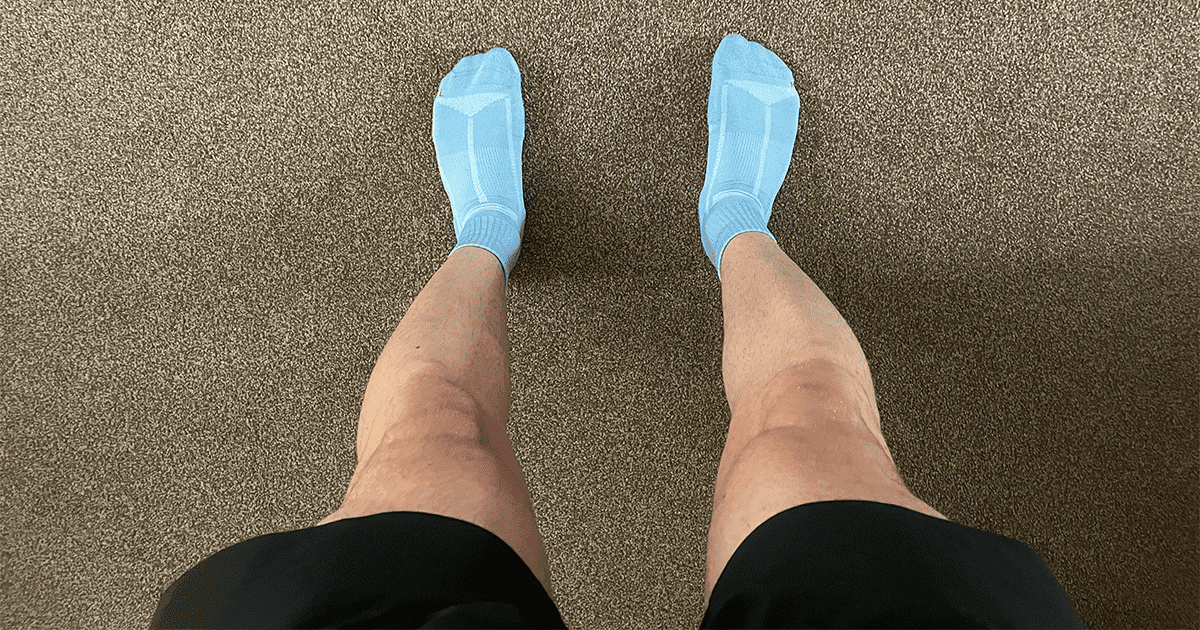8 Signs you may be overtraining as a runner
Catch the signs of overtraining early and prevent yourself from burning out or even worse injury.

It is often difficult to distinguish the difference between overtraining and pushing hard in training. If you’re in a state of overtraining, you may see a performance decline, your risk of injury will increase, and it may take longer for you to recover from a hard run or workout.
One of the main problems with trying to identify overtraining within an athlete is that there is no gold standard for the condition. Many researchers disagree on how exactly to identify overtraining. This makes it particularly troublesome to come up with a traditional diagnosis.
While there is no gold standard, there are common signs which you can catch early. Here are eight signs you should look out for.
1. Lack of energy
Often, athletes and runners will find themselves low on energy during and even outside of training. Those experiencing a lack of energy may be having trouble achieving deep sleep, preventing them from fully recovering between each run or workout.
2. Loss of appetite

Overtraining can trigger the increase of the hormone adrenaline in the body. This too, can cause a loss of appetite. If finding yourself put off your favourite meals or snacks, this may a sign to scale back your training and take a little time off.
3. Excessive sweating
Sweating more during exercise or even while resting may also be an indication. You may find yourself sweating more during the coldest days of winter, something which is certainly not right.
4. Mood disturbance
Runners and athletes may experience frequent mood swings while crossing the line between pushing the body to the max and training too hard. This is usually really easy to identify, especially if you’re usually a super happy person.
5. Frequent minor infections
Regular coughs, colds, and snotty noses are one of the most prominent signs of pushing our bodies too hard too often. This is the easiest to identify during the summer months when nobody has any business having a cold.
6. Loss of libido
Overtraining reduces the number of anabolic hormones produced by the body. This can reduce our sex drive. Whether you notice it straight away or not, it’s quite the mood killer.
7. Constant injuries/niggles

A classic sign of overtraining is recurring injuries or niggles which do not seem to improve. This is a warning sign to back off before you pick up a much more serious injury. Be sure to stretch the affected area(s) daily while monitoring the pain and whether or not it is improving or getting worse.
8. Increased heart rate at rest
An increased resting heart rate is a key sign of overtraining as an athlete. Measure your heart rate each morning at the same time for a week and record these. If your resting heart rate is more than normal, this may be a sign that you need to rethink your training and include more rest.
Suggested blog post: 10 best beginner running products.
I think I’m overtraining, what should I do?
Experts usually advise to take a minimum of two weeks off completely from training. This will allow for a well-needed mental and physical break for your body. When returning to training after two weeks, if you see no improvement, it may already be too late. The primary recovery process is simply to rest.
The bottom-line
There is a wide variety of different overtraining symptoms you may identify with. If these relate to you, take a minimum of two weeks off of training to allow yourself adequate rest and recovery. This will reduce your risk of injury, and hopefully (if it’s not too late) will enable you to continue training without a performance decline.

Matthew is a lifelong runner, chief tester of all products, the founder of Running101, and freelance content writer for active brands. When he’s not writing, he enjoys lifting weights, cycling in the Lake District, and watching fast cars drive in circles on a Sunday. He also has a BA in sport, exercise and physical activity from the University of Durham.




